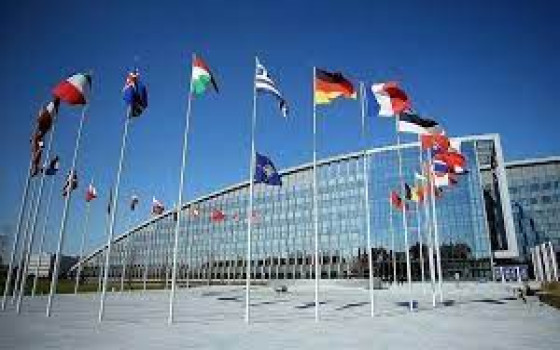
The second and last day of the Vilnius summit...the first meeting of the new joint council with Ukraine...and the participation of the leaders of Australia, Japan, South Korea and the European Union in the discussions of NATO leaders

- Europe and Arabs
- Wednesday , 12 July 2023 9:10 AM GMT
Brussels: Europe and the Arabs
Today, Wednesday, the leaders of NATO countries will meet with the leaders of Australia, Japan, New Zealand and South Korea, in addition to the European Union. On the second and last day of the summit of NATO leaders in Lithuania
In the first working session at the Vilnius summit on Tuesday, the allies made decisions to bring Ukraine closer to NATO, and to strengthen deterrence and collective defense of the alliance.
The Allies have agreed to a three-element package that will bring Ukraine closer to NATO. This includes a new multi-year assistance program to facilitate the transition of Ukraine's armed forces from the Soviet era to NATO standards and to help rebuild Ukraine's security and defense sector, covering critical needs such as fuel, mine-clearing equipment and medical supplies.
The allies also agreed to create a new NATO-Ukraine Council, whose inaugural meeting will be held in Vilnius on Wednesday with the participation of President Zelensky. The Allies also confirmed that Ukraine would become a member of NATO, and agreed to remove the Membership Action Plan requirement. "This is a solid deal for Ukraine, and a clear path towards its membership in NATO," said Secretary General Jens Stoltenberg.
Stoltenberg said the Allies had adopted "the most comprehensive defense plan since the end of the Cold War". The new regional plans are designed to counter the alliance's two main threats - Russia and terrorism - and provide 300,000 troops on high alert, including significant air and naval combat power. The Allies also approved a new Defense Production Action Plan to accelerate joint procurement, enhance production capacity and enhance Allied interoperability.
To meet their defense needs, the Allies have always committed to investing at least 2% of their GDP in defence. European allies and Canada recorded an 8.3% increase in real terms in their defense budgets in 2023, the largest increase in decades. Eleven allies meet or exceed the benchmark this year, and that number is expected to grow significantly in 2024.
The allies also discussed the challenges posed by "coercive" China to Euro-Atlantic security and values. “China is not our adversary, and we must continue to engage,” the Secretary-General said, emphasizing that “Beijing's growing assertiveness affects our security” and challenges the international rules-based order.


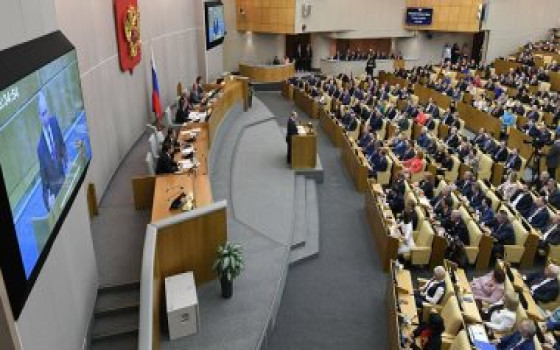
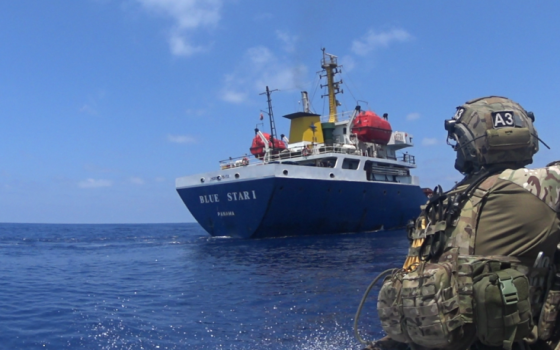
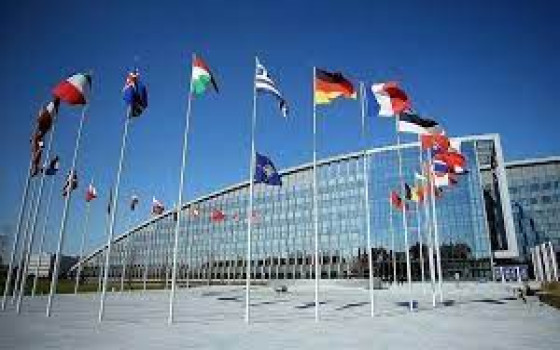
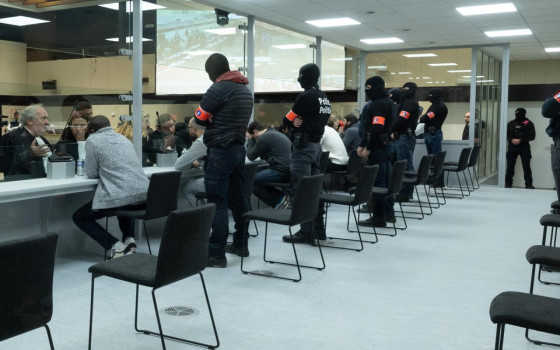
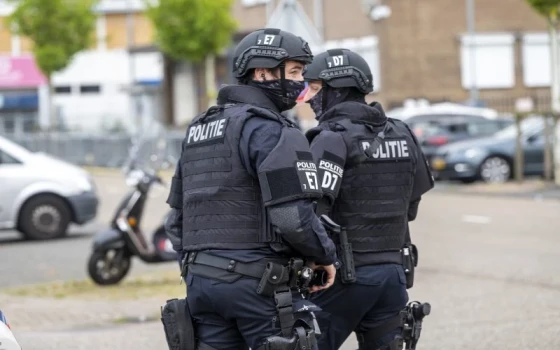
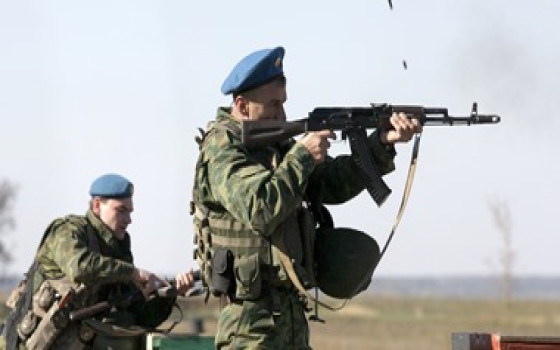
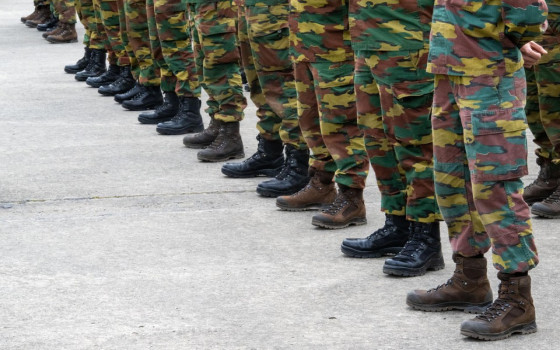

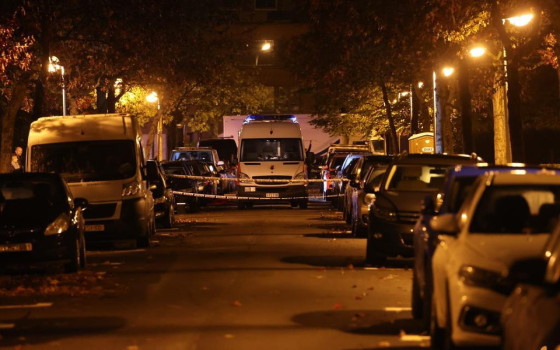
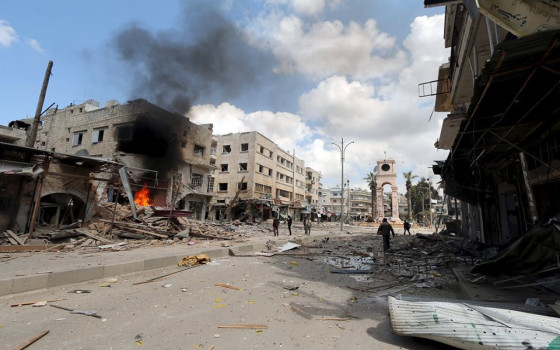
No Comments Found